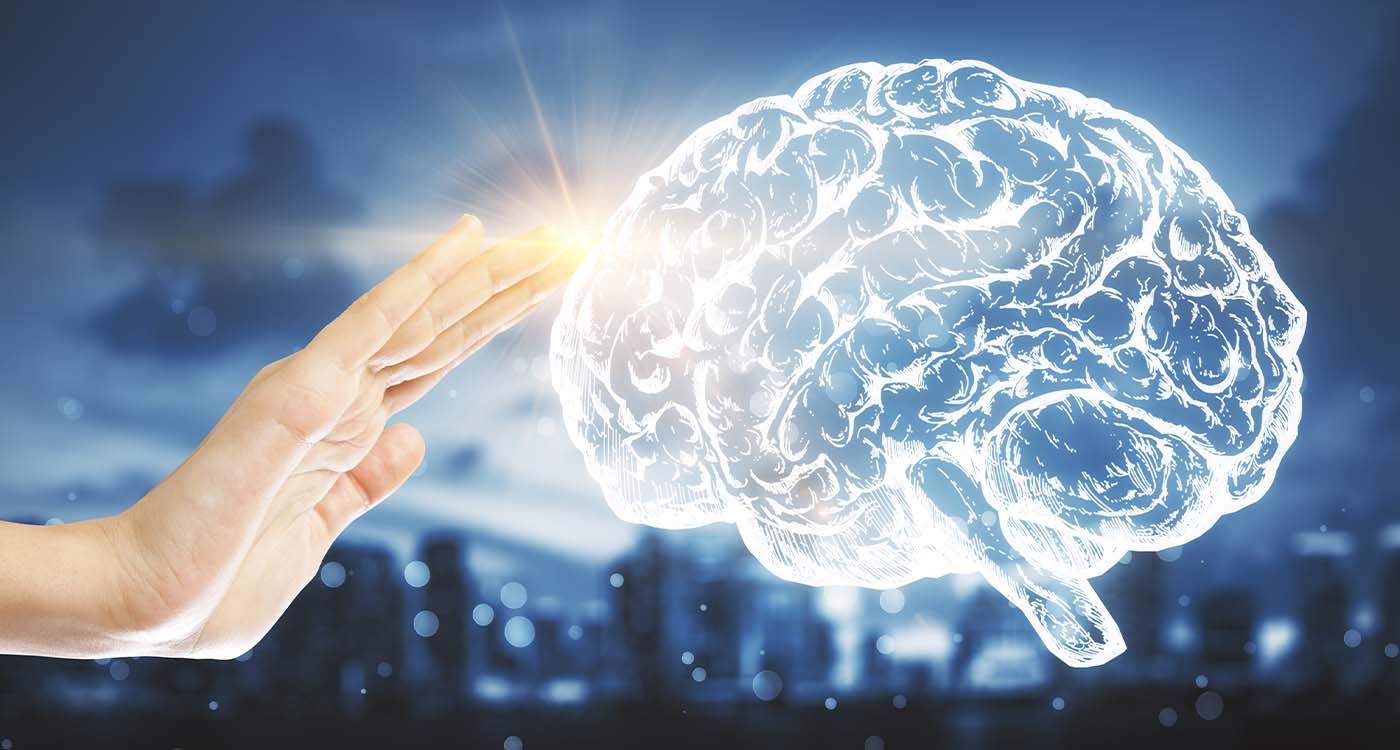
Bill Gates has launched a $1 million scientific prize to accelerate Alzheimer’s research through artificial intelligence. The goal: to harness decades of data and usher in a new era of therapeutic innovation accessible to all.
Is the fight against Alzheimer’s on the brink of a revolution? Driven by Gates, a new international science prize worth $1 million has just been unveiled to encourage the use of AI in tackling this neurodegenerative disease, which currently affects more than 55 million people worldwide. The announcement, made through the Alzheimer’s Disease Data Initiative (ADDI), marks a pivotal step in transforming decades of accumulated data into tangible clinical breakthroughs.
The challenge, named the “Alzheimer’s Insights AI Prize,” is open to research teams, startups, and engineers worldwide. Their task: to design AI tools powerful and autonomous enough to analyze, cross-reference, and interpret vast amounts of brain imaging, genetic sequencing, clinical follow-ups, and biomarker data. While science has amassed countless studies and databases, the brain’s complexity and the variability of symptoms remain major hurdles to discovering effective treatments. The hope is that AI, trained on massive datasets, can detect hidden patterns invisible to humans, accelerate understanding of disease mechanisms, and even suggest new therapeutic clues.
Backed by Gates Ventures, Gates’ philanthropic fund, the initiative is more than just a competition. It’s part of a global effort to “democratize” research by making all tools and discoveries accessible via the online AD Workbench platform. The aim: to create a unique collaborative environment where researchers everywhere can share, test, and refine AI models developed through the prize. It’s a revolution in method as much as in substance, in a field where competition too often slows the sharing of knowledge.
A Global Challenge and a Health Emergency
Why this urgency? Because Alzheimer’s is advancing relentlessly. According to the World Health Organization, dementia cases could triple by 2050, in the absence of treatments that can slow progression or prevent onset. For Gates, the fight against Alzheimer’s is personal: his father died from the disease. Since co-founding ADDI in 2020, he has multiplied initiatives to rally talent, funding, and new technologies.
The million-dollar prize, open since August 2025, will unfold in stages: semi-finalists will be announced at a December science event in San Diego, followed by a global final in Copenhagen in March 2026. Participants must prove their AI systems go beyond data crunching, thus formulating hypotheses, planning experiments, suggesting clinical trials, and guiding future research. In other words, this is no longer just about automating the processing of information; the challenge is rather to push toward what experts call agentic AI: systems capable of reasoning, exploring, and innovating almost like true scientific collaborators.
If successful, the initiative could change the game on several fronts: identifying early biomarkers, improving clinical trial targeting, and, most importantly, making results accessible to researchers in all countries, including those with fewer resources. It’s an ethical and social imperative, as access to treatment and diagnostics remains one of the weakest points in the global Alzheimer’s response.
Challenges remain: securing sensitive health data, ensuring system interoperability, and preventing AI from producing “false leads” skewed by sampling errors. But momentum is building, and Gates’ bold bet may well deliver the boost Alzheimer’s research has long been waiting for.
The big question remains: can AI live up to its promise, making silent data speak, turning mountains of information into concrete solutions, and perhaps one day delivering treatments to delay or even halt cognitive decline? The million-dollar wager is on, carrying with it the hopes of millions of families.

Comments